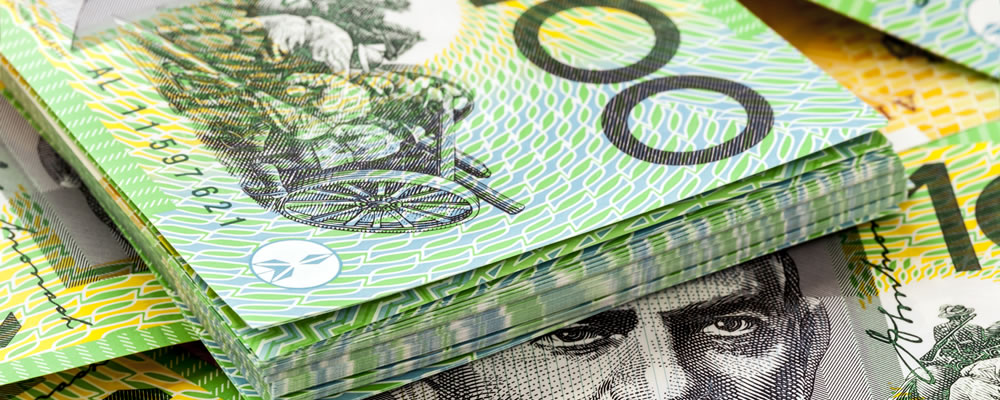Euro Australian Dollar (EUR/AUD) Exchange Rate Jumps as Traders Eye US Jobs Data
The Euro Australian Dollar (EUR/AUD) exchange rate rallied, jumping by around 0.8% on Friday morning. This left the pairing trading at around AU$1.80515.
The Australian Dollar plummeted against the Euro this morning as concerns over the economic impact of Covid-19 lingered.
The impact on the global economy was becoming more obvious, as data showed the US saw weekly jobless claims soar by over six million last week.
As the lockdown measures weighed on the economy, hurting businesses and factories, traders flocked to the safety of the US Dollar (USD).
Investors are now awaiting Friday afternoon’s US no-farm payrolls data.
It is expected this will show a further drop in employment, providing further evidence the world’s largest economy is falling into a recession. Increased global recession fears also weighed on risk appetite amongst traders.
Meanwhile, the Australian Dollar slumped despite data showing Aussie retail sales jumped by around 0.5% in February.
Although economists have warned that this is a short-term boost, sparked by coronavirus panic buying.
Euro (EUR) Rises despite ‘Abrupt and Widespread’ Chaos
The single currency was able to make significant gains against the Australian Dollar despite data revealing that Germany’s service sector recorded a record drop in activity.
The coronavirus pandemic caused March’s PMI survey to record a record slump in activity, employment and new business.
Added to this, business confidence hit a record low as Germany’s PMI fell from 52.5 to 31.7 in March.
Last month’s data eclipsed the earlier record low of 41.3 in February 2009, although this did little to stop EUR/AUD rising.
Commenting on this, Markit’s Principal Economist, Phil Smith said:
‘The unprecedented drop in services business activity in March makes the impact of the COVID-19 pandemic and resulting efforts to contain the spread of the virus all too clear. The damage to the economy has been abrupt and widespread, with those sectors hit particularly hard by social distancing and other containment measures, such as hotels and restaurants, coming to a complete standstill.
‘The extent of the job losses highlighted by the survey data mean we can expect to see the first discernible increase in Germany’s unemployment rate since the global financial crisis. The hope is, however, that extensive use of the government’s short-time work scheme can save some jobs that would have otherwise been lost and support incomes during the downturn.’
Euro Australian Dollar Outlook: Weak Aussie Job Advertisements to Weigh on AUD
Looking to the start of next week, the Australian Dollar (AUD) could slump against the Euro (EUR) following the release of job advertisement statistics.
If ANZ’s data shows the number of Aussie job advertisements plummets further than expected in March, AUD will suffer losses.
Meanwhile, German factory orders are likely to plummet in February, reversing January’s rebound.
If factory orders in the bloc’s largest economy nosedive, the Euro Australian Dollar (EUR/AUD) exchange rate will be left largely flat.



